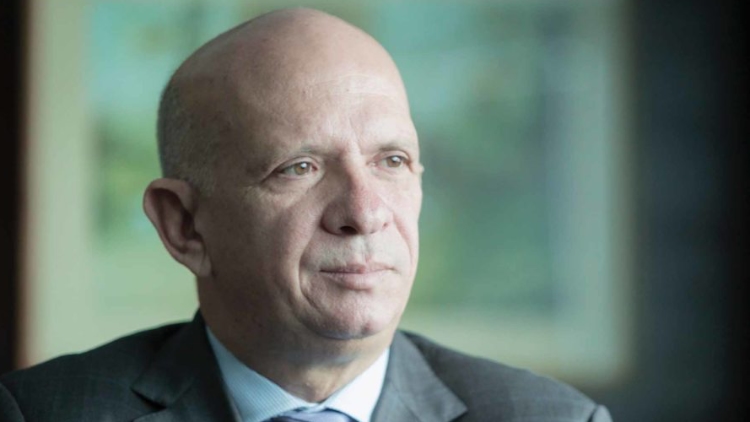The Diplomat
The Criminal Chamber of the National Court has rejected the request for the release of former Venezuelan intelligence chief Hugo ‘El Pollo’ Carvajal due to the “evident” risk of flight, something which, if it were to happen, would prevent him from being handed over to the United States.
Carvajal is wanted in the United States for crimes that in Spain amount to membership of a criminal organisation or membership or collaboration with a terrorist organisation and aggravated drug trafficking.
In their ruling, reported by Europa Press, the magistrates reject Carvajal’s request last week in which he demanded his release, referring to the ruling of 25 March which agreed to suspend the execution of the extradition order by virtue of article 39 of the European Court of Human Rights (ECHR) regulations and that the risk of absconding two years ago cannot be assessed in relation to the current situation.
It also pointed out in its brief that the prison situation in which ‘El Pollo’ finds himself is exceptional given that the defendant “has not committed any type of crime or action that justifies his loss of liberty”, and alluded to the fact that European law has “preference” over American law.
But the Chamber, in its order, recalls that it has already alluded in responses to previous appeals to this communication from the ECtHR, so that it is not “a new issue for the purposes of a possible modification of his personal situation”.
In addition, he responded to the defence of the Venezuelan ex-military that it is not true that there is no law that supports pre-trial detention because it finds support in the Law of Criminal Procedure (LECrim), in the Law of Passive Extradition (LEP) and in the Treaty with the USA applicable in the case. And he recalls that he has been in prison for just under a year so that “in no case have the time limits established in article 504 of the LECrim been exceeded”.
“And this in view of the more than obvious risk of flight that would prevent the surrender from materialising, which at no time has been left without effect, suspending it until its resolution by the ECHR”, they add.
In this sense, the court recalls that the objective of pre-trial detention is to avoid the subtraction from the action of justice of those who have already evaded it by leaving or refusing to return to the claimant country”.
And he adds to this that Carvajal also avoided appearing before the justice system in Spain in 2019, “when he was required to enter prison in order to carry out the agreed surrender”. The magistrates understand that the risk of absconding not only persists but “has increased” unlike what the defence believes, because the decision to hand him over “is definitive”.
“In short, maintaining the situation of provisional detention is not only necessary, but essential, as well as proportional, without any infringement of the defendant’s right to freedom, in view of the proceedings and his conduct, as previously stated in the present case”, the resolution concludes.
Spain agreed to hand him over two years ago
The former head of Military Counterintelligence under Hugo Chávez and Nicolás Maduro is being prosecuted in Washington for events that took place between 1999 and 2019, when he allegedly belonged to the so-called Cartel of the Suns, a criminal organisation allegedly run by Chavista officials who, with the alleged collaboration of the FARC and other armed groups, smuggled large quantities of drugs into the United States.
El Pollo’ has been in the hands of the Spanish authorities since 9 September, when he was arrested by the National Police, during a joint operation with the US DEA, in a flat in Madrid where he lived “totally cloistered”, according to the security forces at the time.
His capture reactivated the extradition process to the United States, which was approved in 2020 but had not been able to materialise because Carvajal escaped in November 2019, although his defence stresses that he never left Spain.
Before his flight, Carvajal applied for an initial asylum claiming that he was a victim of political persecution because the US authorities placed him in Maduro’s inner circle.
This initial request was denied in 2019, but he was not formally informed of this until last September. He then reacted by trying to get the Interior to reverse its decision, but to no avail.
Carvajal launched a second asylum request, highlighting the “process of collaboration” with the Spanish justice system that he initiated after being captured and which led to the reopening of a case on the alleged illegal financing of Podemos, which was shelved in 2016.





